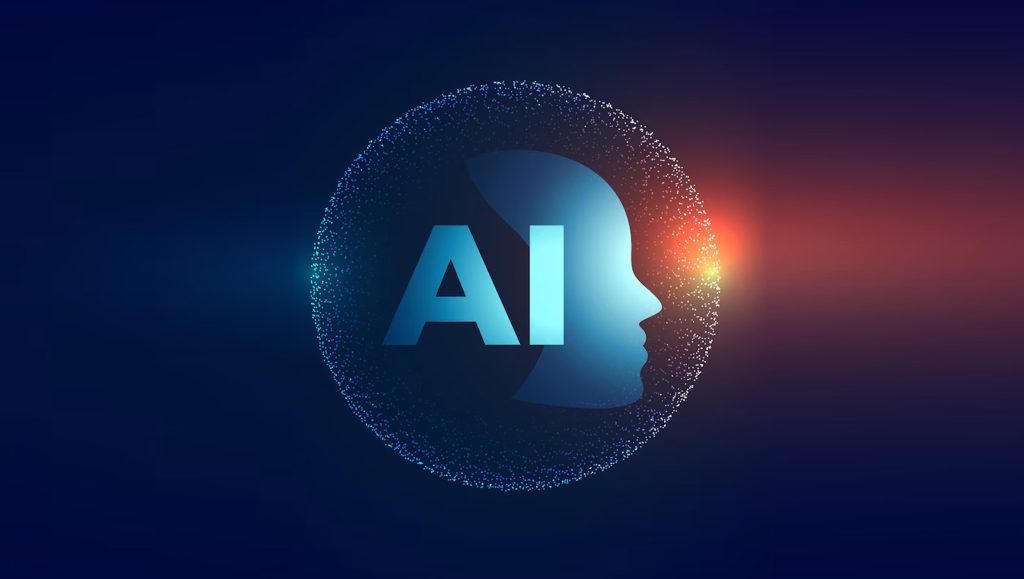Automated tools can deliver the data-driven consistency and one-on-one efficiency missing in today’s sales training
Many in sales will tell you that the profession is part science and part art – 1. hard skills, the actual knowledge of the product and the market, and 2. soft skills which is the interpersonal aspect of sales.
Experienced salespeople tend to feel that developing the hybrid of soft/hard skills that drive direct sales interactions demands a shoot-from-the-hip approach. They believe in imparting hard knowledge on one hand, and developing “read the room” soft skills separately.
However, the trick to establishing an effective sales team is in finding the right mix of human talent and technology. From Salesforce to Hubspot, we accept that technology can enrich enterprise sales funnels with data-driven consistency that delivers quantifiable results.
It’s time to accept that technology can also deliver the data-driven consistency and efficiency missing in today’s sales training. Why? Time is the most precious commodity in today’s fast-moving sales cycles. Sales organizations face an increasingly urgent need to consistently and effectively deliver their messages to a wider audience. And this makes the divide between hard and soft sales skills an impediment rather than an enabler.
AI-powered sales training tools enable sales stakeholders to enjoy the best of both worlds – concurrent product/market knowledge onboarding and practice-driven soft-skills mastery, all in one.
Read More: SalesTechStar Interview with Marc Sachdev, Principal Product Marketing Manager at Impact.com
Under-Prepared Sales Trainees Hurt Revenues
In most sales organizations, knowledge onboarding – learning the nuts and bolts of product features and functionality, the market context, the competitive advantages, etc. – is the first step for sales trainees. Once they’ve mastered these hard skills, they start working closely either with dedicated sales trainers or experienced salespeople to develop the specific approaches for each sales stage to prepare them for deployment to the front line.
The problem is that this process takes time. And it’s expensive. Sales trainers tend to be outsourced and often lack in-depth, company-specific market, technology and product understanding. They can teach the soft skills so crucial to sales success – but can’t necessarily prepare trainees for actual face-to-face prospect interactions that demand polished hard/soft skill acuity.
High-level, experienced salespeople are one of the company’s most valuable assets. Using them for training is simply not cost-effective – and certainly not popular. Their time is better used on generating revenue for the company (and commissions for themselves) today, rather than on helping the next generation of sales trainees learn how to generate future revenues.
This often leaves sales trainees under-skilled and under-prepared for sales interactions, even as they’re sent out into the field. This learning curve can cost companies massively – from missed sales opportunities due to substandard individual sales approaches, to missed market opportunities because of global sales organization deficiencies.
Read More: SalesTechStar Interview with Jim Kaskade, CEO at Conversica
The End of Missed Opportunities
AI-powered sales training can spell the end of missed opportunities for sales organizations. Data-driven, automated and personalized even at mass scale, these solutions give sales trainees what they need and only what they need, exactly when they need it – with no gap or lag between hard and soft skill training and no drain on scarce sales organization resources. AI-powered sales training offers:
- Personalized training at scale – Automated sales training and coaching can meet the needs of a large-scale global sales organization in a timely, effective, and cost-effective way – allowing sales trainees to receive the one-on-one attention it takes to merge hard and soft skills into a single playbook, practicing until pitches become habit.
- Better use of big data – AI-based solutions can leverage accumulated sales and customer data to more efficiently impart to salespeople what they need to know, what they need to show, and what they need to say – all in a structured and consistent way that ensures faster ramp-up, and shows better results.
- Quantifiable value – Data-driven systems deliver quantifiable results, enabling sales stakeholders to define and measure KPIs – keeping a finger on the pulse of sales training, just like they keep a finger on the pulse of sales efforts overall.
- A safe space for salespeople – Sales trainees are human, and humans don’t like to mess up. AI-powered sales coaching interactions have the dual advantages of being human-like, but not actually human. This lets salespeople practice without embarrassment, honing pitches until they’re ready for the real world.
- Embedded coaching – In many companies, what’s urgent tends to trump what’s important. This relegates sales coaching to ad hoc, whenever there’s a hole in the schedule. An AI-powered, data-driven approach embeds sales training in existing training regimes, without sapping other sales resources.
The Bottom Line
When time-to-market is crucial and sales resources are in short supply, AI-powered training solutions can get more and better-trained salespeople in front of more prospects faster and more cost-effectively. By eliminating the gap between hard and soft skill training, offering a data-driven safe practice space for trainees, and facilitating close monitoring of training progress – AI-powered solutions can play a crucial role in crafting today’s, and tomorrow’s, sales success.
Read More: SalesTechStar Interview with Jim McHugh, Co-Founder and Chief Executive Officer at Mperativ




















